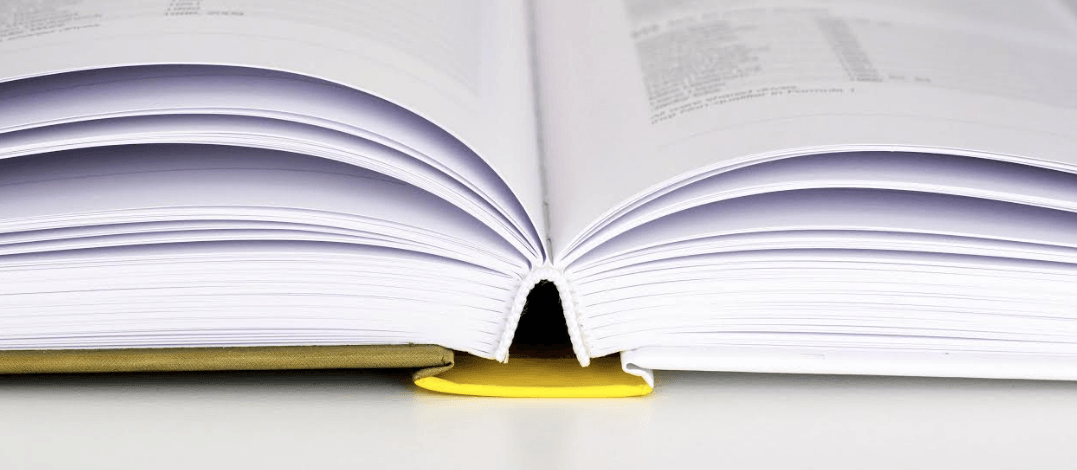Professors should consider costs when assigning textbooks
3 min read
Alex Read | Unsplash.com
By JAIME MCGUIRE
Staff Writer
It is the beginning of a new semester, which leaves college students confronting the inevitable required textbook list. Many students shell out $300 or $400 at the beginning of the semester for just one book but are only able to resell it for a few dollars. If these textbooks are required, why are they so outrageously priced?
When professors require brand new editions of textbooks or online access codes that cannot be reused, the amount of money a student has to spend on supplies increases exponentially. Professors say that the newest editions and online access codes are the “best fit” for their course material, and textbooks are constantly rewritten and updated to have current research. While it is important to keep textbooks up to date, this practice ultimately only benefits the bank accounts of the publishers.
Often, professors are unaware or indifferent to the costs of the books they assign. Rather than choosing the most cost-effective books, they simply choose the ones they prefer to use when teaching. Similarly, you might take a course taught by a professor who assigns his or her own book as course material. This practice potentially poses a conflict of interest. By assigning the text, the professor is potentially increasing his or her income from book sales.

UMW students are required to complete up to the 202 level of a foreign language to earn their bachelor’s degrees, which typically adds up to about four semesters of foreign language courses for a student. Many of the foreign language courses require online access codes that can cost upwards of $150. UMW’s Spanish department requires an exclusive UMW custom textbook and online access code for Spanish 101 that is not available through online discount retailers like Amazon and Chegg. It has to be purchased brand new at the UMW bookstore for $176 and, like most textbooks, the online access code enclosed cannot be reused so it has no resale value.
The price of a single textbook cuts into a student’s budget for tuition, groceries, car and rent payments, and other various expenses. Many students attending college do not have disposable incomes and are working after school to pay for their own tuition without the help of grants, loans and scholarships. Textbooks are essential to the success of students in their courses, but with tuition and textbook prices increasing, the number of students who can afford college may decrease.
The solution to this problem starts with the professors. When structuring their course materials, professors should consider the accessibility of used editions and whether or not the online access code is absolutely necessary for student success. Professors should also consider textbooks released under an open license that are often free for online download and very reasonably priced for a hard copy. Open textbooks have the potential to break the traditional publishers’ lock on the market and they can save students money without sacrificing quality.
If professors considered how much of an impact a textbook’s cost has on a student, they could be the ones to create a change in the college system and the textbook market.












Yes yes yes YES!